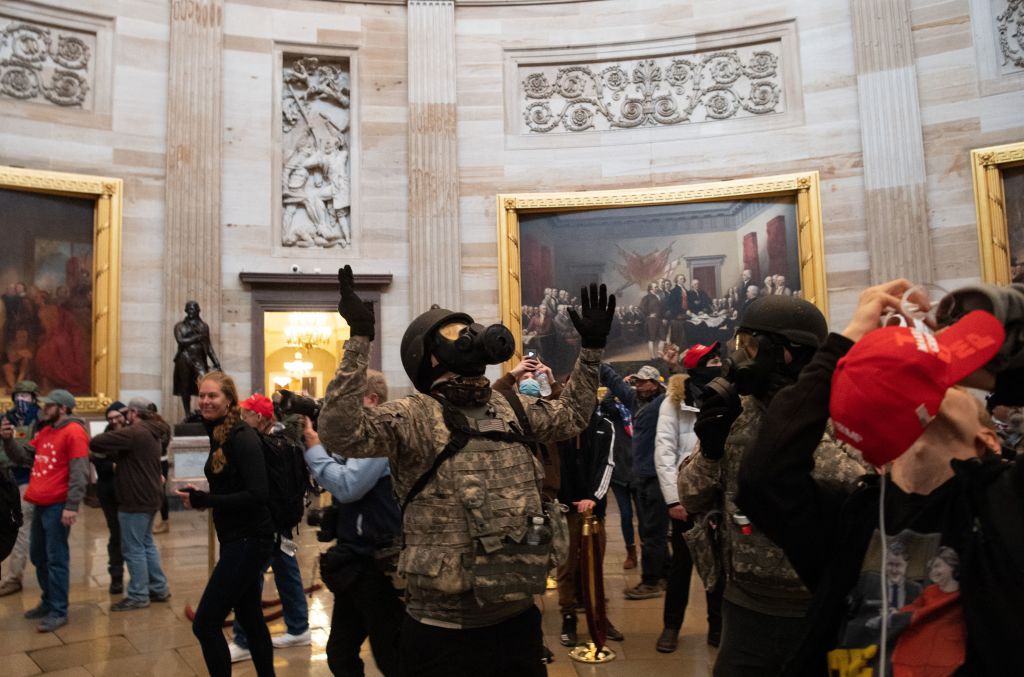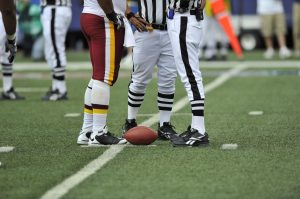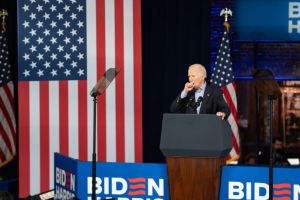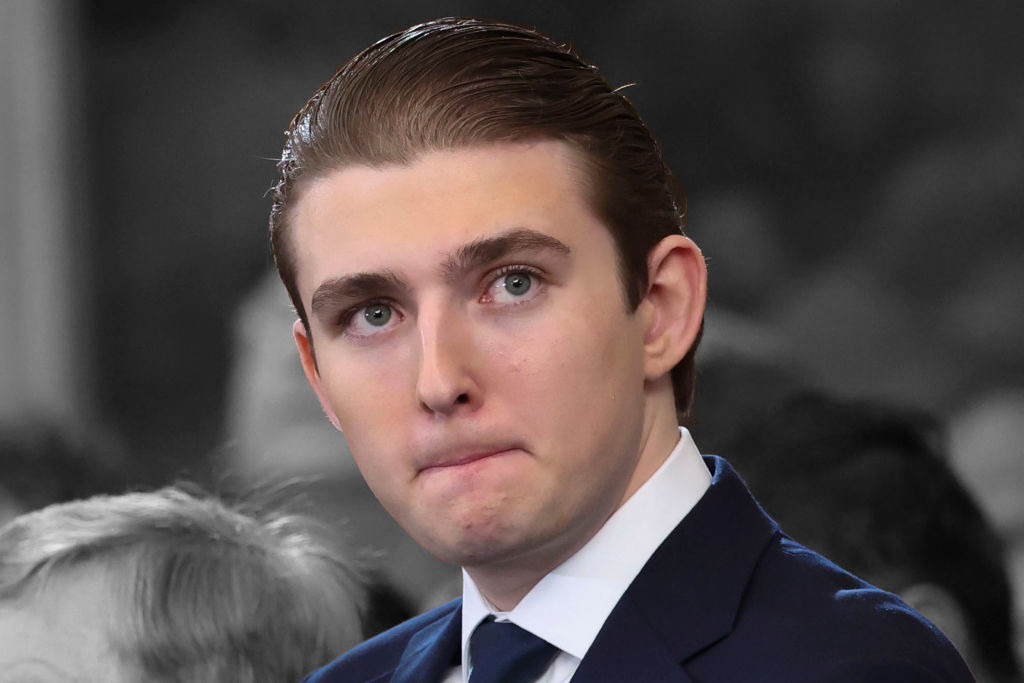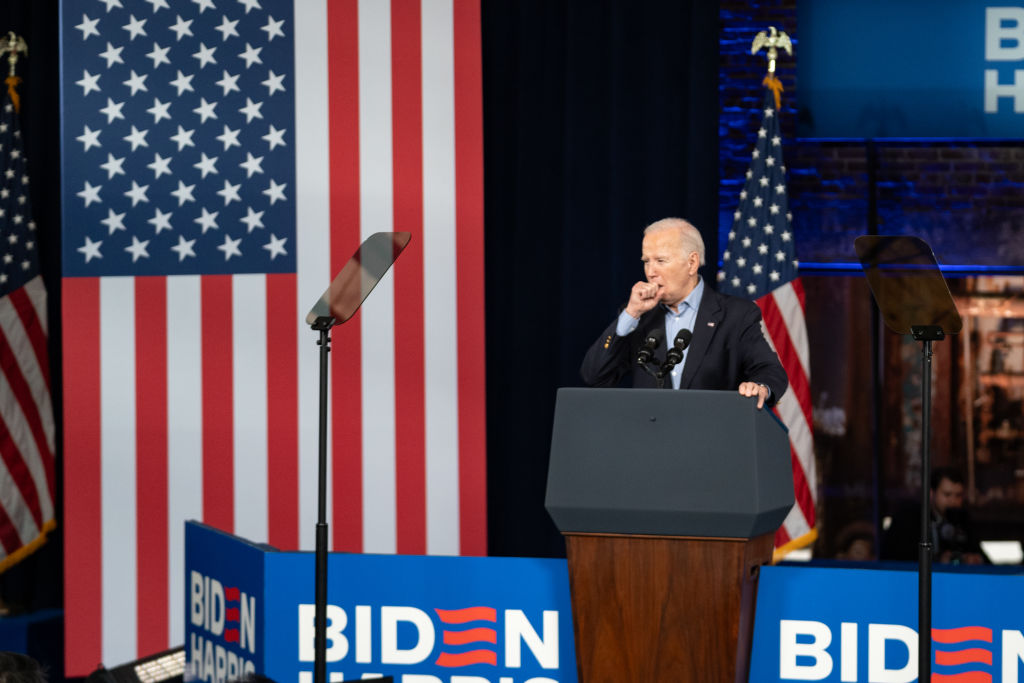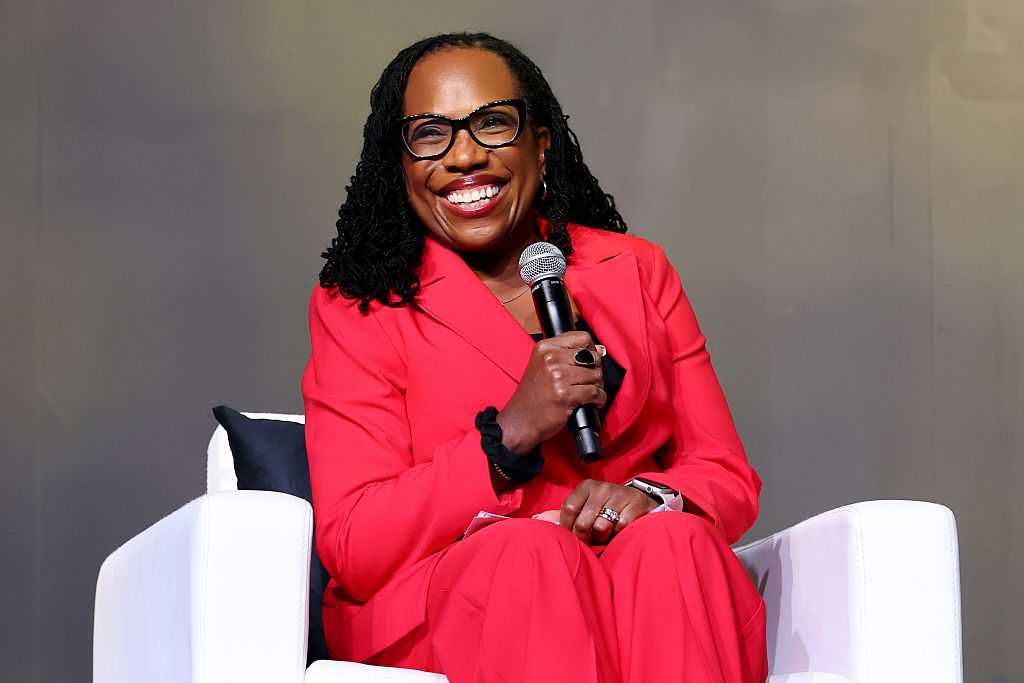The Capitol Riots on January 6 deserved a serious public investigation because the events were so important. The rioters who entered the Capitol building tried to use violence and intimidation to prevent the peaceful transfer of power by normal, constitutional procedures. That’s as serious as it gets in our democracy.
To conduct that investigation, House Speaker Nancy Pelosi established a special “January 6 Committee,” chaired by Representative Benny Thompson of Mississippi and filled with some of the Democrats’ heavy hitters in the House. Its real leader, though, was a Republican: Wyoming representative Liz Cheney, one of Trump’s most outspoken foes.
Cheney gained that spot on the committee when Pelosi took the unprecedented step of banning two Republicans slated by Minority Leader Kevin McCarthy. After Pelosi’s move, the other Republicans McCarthy had picked refused to join the committee — and he declined to name replacements. (Since then, Republicans have debated the wisdom of this boycott.) Pelosi then picked another anti-Trump Republican, Adam Kinzinger of Illinois, as the only other minority member on the committee.
The result was a committee uniformly opposed to Trump, unable to cross-examine witnesses and, crucially, determined to pin Donald Trump with primary responsibility for the riot and ensuing threat to the Constitution.
It comes as no surprise, then, that the January 6 Committee found exactly what it sought to find. The ribbon on that package came with its criminal referral of Trump to the Department of Justice. That four-count referral may be politically meaningful, but it is legally meaningless. It matters politically because the committee informed the public, in detail, how the president failed to quell the Capitol riots and delayed sending any message to his supporters, telling them to stop their violence and leave the building.
Still, the criminal referral is legally meaningless for three reasons. First, the DoJ, and only the DoJ, is charged with investigating federal crimes. Congress has no role. The testimony given to the committee will be forwarded to DoJ, but it adds very little to the Department’s own investigation. The DoJ, its newly-appointed Special Counsel and the FBI have ample resources to conduct their own investigations without help from Nancy Pelosi’s committee.
Second, because the referral comes from such a politically-charged body, it actually complicates the DoJ’s task of charging Trump or his aides with crimes regarding January 6 or election interference. Why? Because the legitimacy of any criminal charges hinges on the public’s belief that they represent the even-handed, apolitical application of the law. Although the DoJ will pay no attention to the Committee’s referrals, Congress’s decision to involve itself directly in the criminal investigation inevitably taints the public perception that the laws are being applied apolitically, as they should be.
Third, the committee offered only weak evidence that Trump’s conduct on January 6 was actually criminal. The clearest demonstration of that weakness came in Cheney’s peroration, which focused on Trump’s inaction during the Capitol riots. His failure to act was reprehensible, but not all reprehensible acts are criminal. Nor does it help, at least in criminal terms, to call Trump’s behavior a “dereliction of duty” or “failure to faithfully execute the laws.” Those are ultimately political concepts — vague ones at that. The place to consider them is in impeachment proceedings, not criminal court. Nor did the committee help itself by adding charges against Trump that the DoJ declined to bring against any of the defendants arrested in the Capitol.
The J6 Committee’s overreach does not excuse President Trump for his behavior on that tragic day or his refusal to accept the election results after his defeat in November. He was reckless to summon a crowd to Washington on the day Congress was scheduled to certify the electoral results. He was reckless to rally his supporters with intense rhetoric, although he did include an instruction to remain peaceful. He behaved shamefully in sitting mute in the White House for three hours as some of his supporters broke through barriers at the Capitol and illegally occupied the building. The rioters have been arrested, charged, held in jail for months before trial, and then routinely convicted by Washington juries.
Speaker Pelosi’s “January 6 Committee” would like to do the same to Trump himself, if it could. It can’t. That job, like all federal prosecutions, belongs to the Department of Justice. Since the investigation of a former president and current candidate is inherently controversial, Attorney General Merrick Garland handed that hot potato to his newly-appointed Special Counsel, Jack Smith. Smith has taken control over several ongoing investigations into Trump’s behavior. Two strands currently stand out, although Smith’s investigation could lead to others. One is the document trove at Mar-a-Lago. The key issues there are whether Trump took some classified documents that really belonged at the National Archives, where they could be safeguarded, and whether Trump and his lawyers lied to federal agents in saying they no longer possessed such documents. The second issue is the one that preoccupied the January 6 Committee. Did Trump or those working for him try to obstruct the peaceful transfer of power, either in the states counting the votes, especially Georgia, or when Congress met to certify the Electoral Vote count? If so, did they violate criminal statutes?
The Mar-a-Lago case is far simpler and far more likely to lead to criminal charges. The problem there, like so much of Trump’s presidency, is the unprecedented nature of those potential charges. No former president has ever been criminally charged. “Unprecedented” is not a legal defense, but it is bound to give the attorney general pause when he reviews Smith’s recommendations. Garland would also face an obvious rebuttal from Trump’s partisans: other senior officials in prior administrations also took classified documents to places they should never have gone — including their private servers — and escaped prosecution. That precedent is important and Trump’s supporters are sure to underscore it. Their claim will be that to prosecute Trump for the same violation would be to apply the law unequally. Trump is on far weaker ground, however, if he is charged with lying to federal agents about possessing those documents. That’s obstruction of justice, if it can be proved. And proving it shouldn’t be too hard before a Washington, DC, jury that would convict a ham sandwich with Trump’s name on it.
Those are serious legal issues, but they are issues for the special prosecutor and the attorney general, not the January 6 Committee. In the end, the committee put on a political case against the former president, complete with videotape highlights. That’s politics — and that’s what Congress does. Not criminal law. The referrals from the J6 Committee are sound and fury, signifying nothing.



